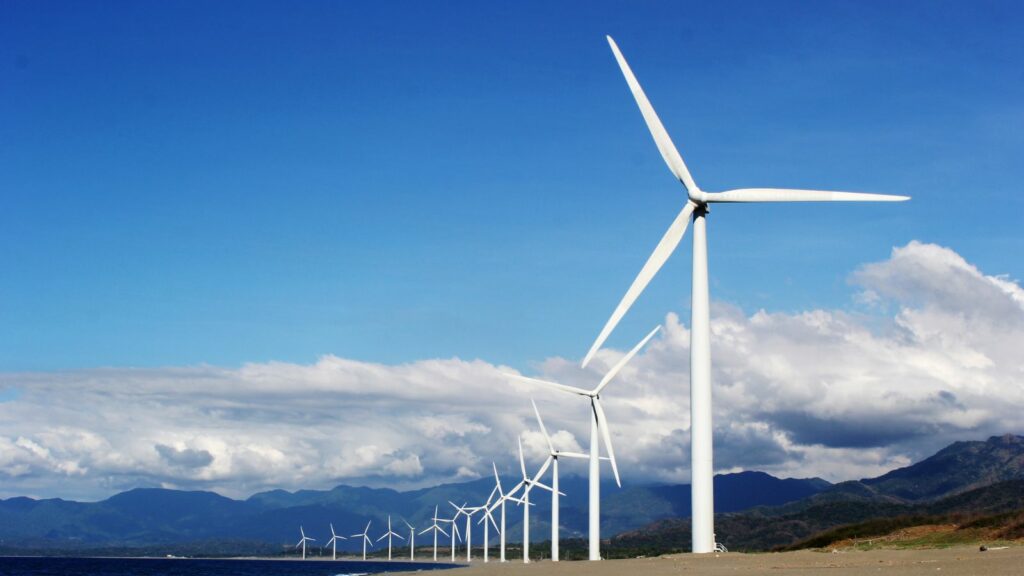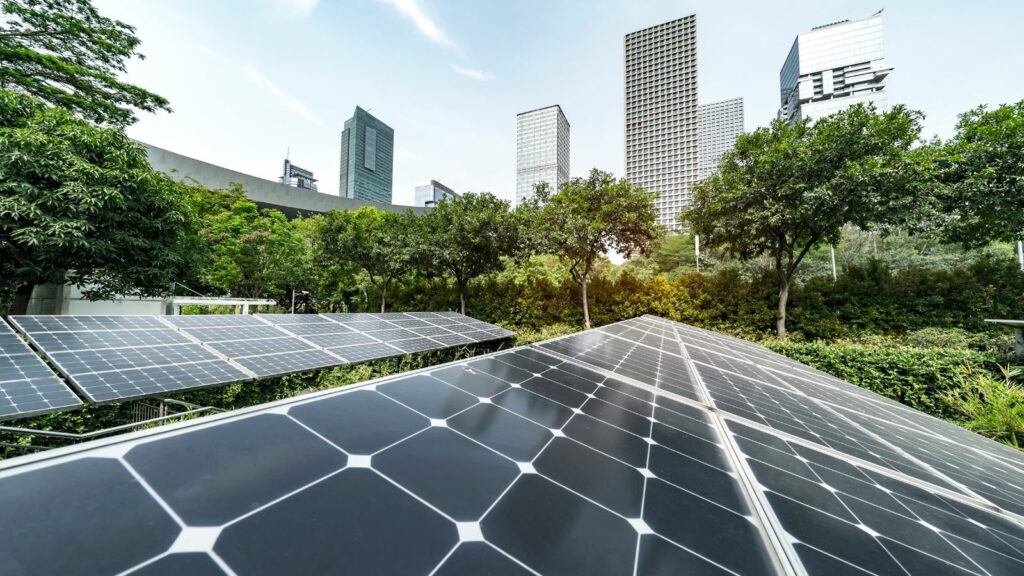Imagine the freedom of the open road, with your home right there with you. This is the allure of van life, a lifestyle choice that’s grown increasingly popular. But beneath the Instagram-worthy shots of sunsets and campfires, there’s a pressing question that needs answering: is van life really sustainable?
It’s a lifestyle that promises simplicity, an escape from the consumerist treadmill. Yet, it also raises concerns about environmental impact, financial feasibility, and long-term livability. As we delve into this topic, we’ll explore the realities of van life, stripping away the romanticized veneer to reveal the truth beneath.
Is Van Life Sustainable

Van life, a growing trend, offers numerous benefits while sparking sustainability debate. This section unpacks this nomadic lifestyle and its rise in popularity.
Van life embodies a nomadic lifestyle that involves converting a van into a living space. It’s characterized by constant travel, eliminating the necessity for a static home. A primary characteristic involves compact living — optimizing small space to fit essentials such as a bed, kitchenette, and sometimes even a bathroom. This lifestyle encourages minimalism, as space constraints necessitate fewer possessions.
Why Is Van Life Becoming Popular?
The allure of van life stems from several factors. Firstly, it extends the opportunity for continual travel. Adventurers explore at their own pace, picking new locations as they please. This mobility isn’t confined by hotel bookings or flight schedules. Secondly, it offers a sense of freedom and escape from conventional expectations and norms. Unplugging from the perpetual hustle of modern society can be deeply appealing. Thirdly, it allows for a closer connection to nature, encouraging outdoor activities like hiking, surfing, and mountain biking. Lastly, it is seen as a viable financial alternative to the escalating costs of home ownership or rental contracts. Hence, understanding these draws provides a window into the trend’s growing allure.
Evaluating the Sustainability of Van Living

In scrutinizing the sustainability of van life, two critical aspects become the focal points. The section, first, probes into the environmental impacts tied to van life. It, second, juxtaposes the carbon footprint of this lifestyle against that of traditional living.
Van life, intriguingly, has both positive and negative environmental influences. On the optimistic side, van dwellers typically adopt a minimalist lifestyle, confining their possessions to necessities. They, often, have a lesser ecological footprint, utilizing less energy and producing less waste compared to conventional households.
Conversely, vans, by default, depend on fossil fuels for their operation. These vehicles aren’t exactly recognized as fuel-efficient, implying an increased carbon emission. Another matter of concern is the unintended damage that large volumes of van dwellers pose to natural landscapes, particularly delicate ones.
Challenges and Solutions in Sustainable Van Living

Life on the road isn’t without its challenges, particularly when it comes to sustainability. Adjusting to a nomadic lifestyle involves making conscious choices that balance personal comfort and environmental responsibility.
Managing waste can present a significant challenge for people living in vans. Traditional waste disposal services are not readily accessible on the road, and mismanaged trash can have damaging environmental impacts. However, Van dwellers often turn to minimalism. Reduction of consumption is a common theme in van living. For instance, people living in vans could adopt a ‘reduce, reuse, recycle’ mindset, minimizing their waste production by choosing products with less packaging, reusing items whenever possible, and recycling what they cannot reuse.
Renewable Energy and Van Life
The use of renewable energy sources is another potential answer to the question of sustainability in van living. It’s common for van dwellers to rely on fossil fuels, particularly for heating, cooking, and driving. This reliance can increase carbon emissions, counteracting the potential environmental benefits of a minimalist lifestyle. But van life doesn’t always mean fossil fuels. Solar panels and wind turbines become increasingly popular choices amongst van dwellers.



